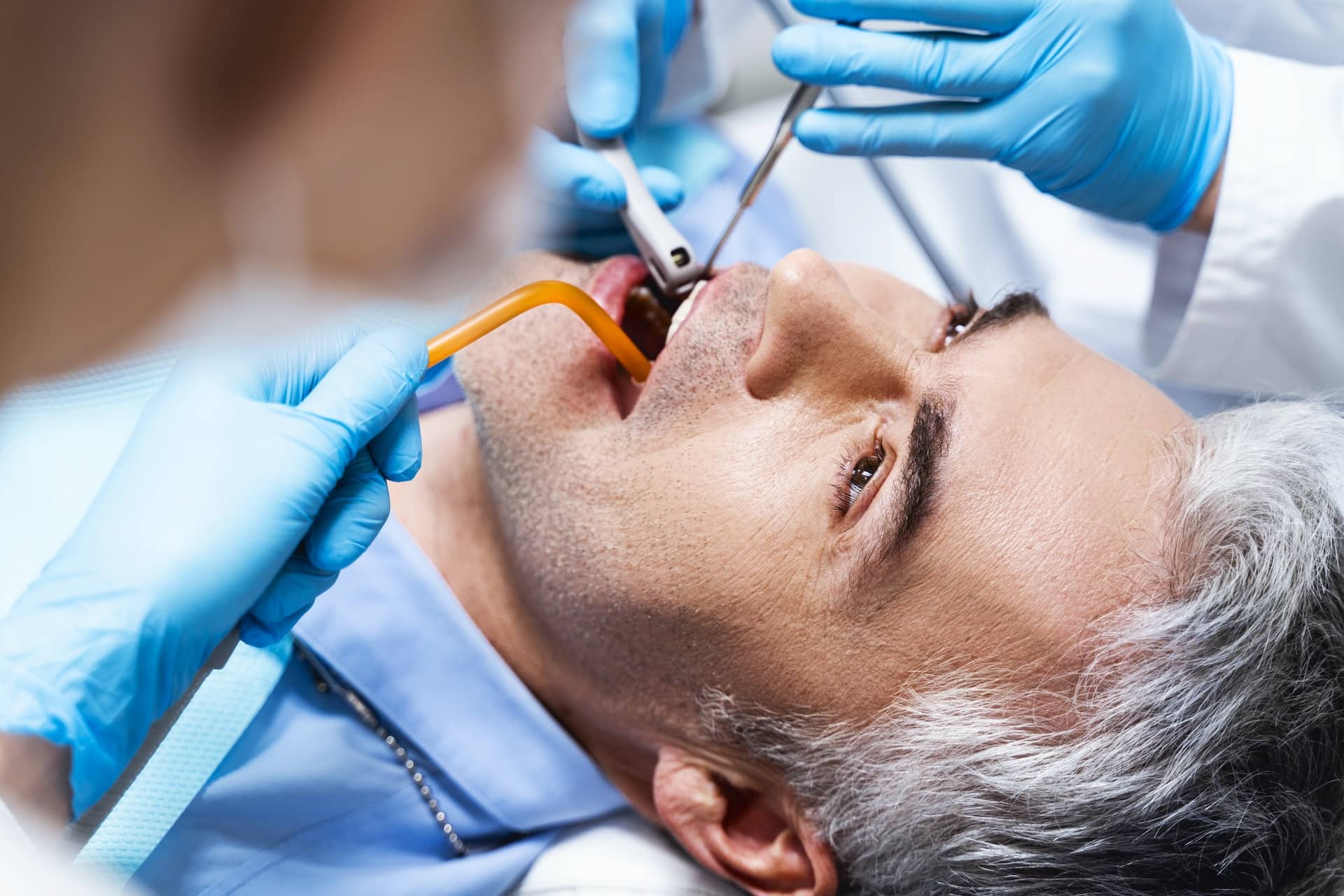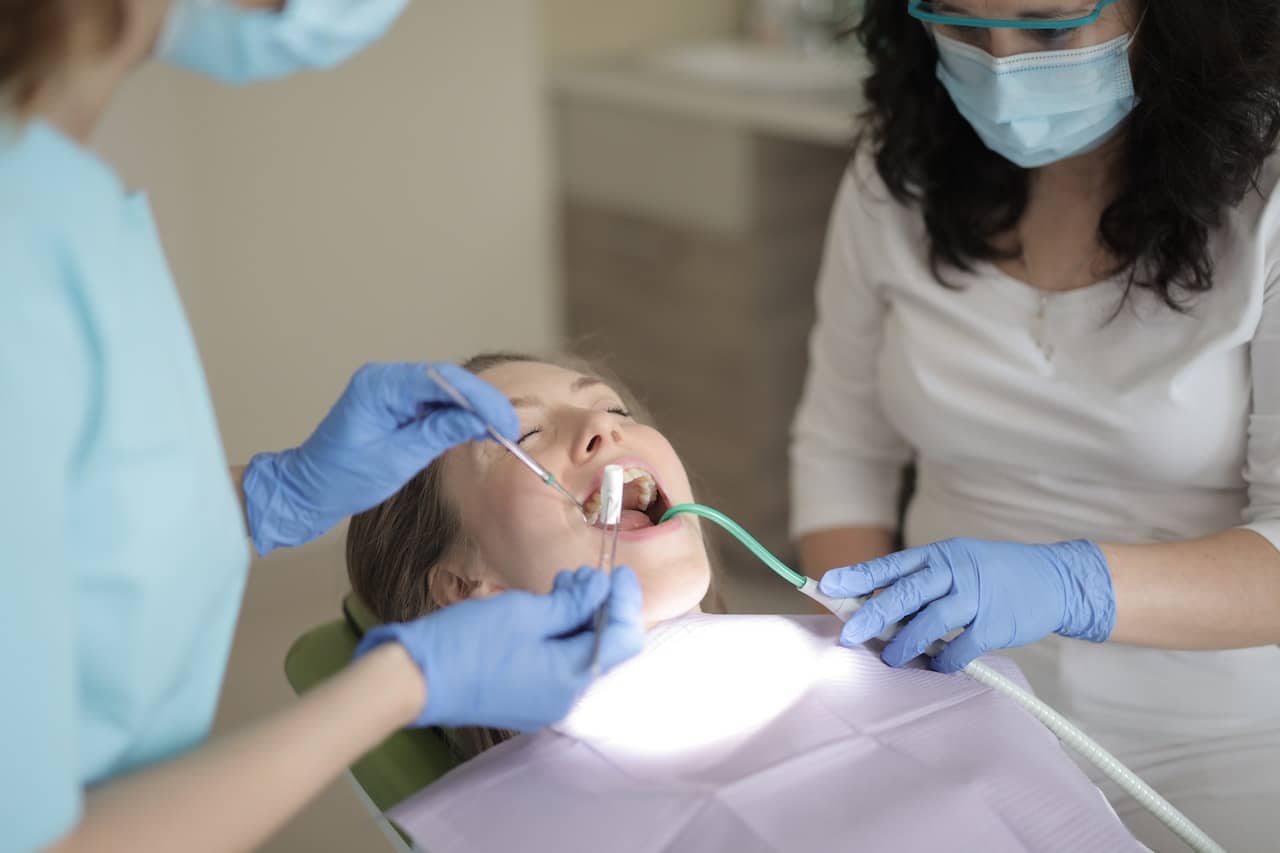Dental implants are an excellent solution for people with missing teeth. They are durable, functional, and can last for many years with proper care. Dental implants can also improve your chewing ability, speech, and appearance, and they can also prevent bone loss and gum recession that can occur when a tooth is missing.
However, caring for dental implants requires some effort and attention to ensure they last for many years. Dental implants are obviously an investment in your oral health and well-being, and it’s essential to take good care of them to avoid complications like infection, implant failure, or bone loss.
In this article, we will discuss nine tips for the longevity of your dental implants. These tips will help you maintain good oral hygiene, avoid damaging your implants, and promote the healing and health of your natural teeth and gums. Read on!
Follow Good Oral Hygiene Practices
Maintaining good oral hygiene is essential to keep your dental implants in good condition. Brush your teeth twice a day and floss daily to remove food particles from your teeth and gums. Use a soft-bristled toothbrush and non-abrasive toothpaste to avoid damaging your implants and surrounding tissues.
Avoid Hard and Sticky Foods
Avoid hard and sticky foods because they can damage your dental implants or dislodge them. Hard foods like nuts, hard candy, and ice can cause chips or cracks in your implants. Sticky foods like caramel or taffy can pull on your implants and damage the surrounding tissues.
Quit Smoking
Smoking can impair the healing process of your dental implants and increase the risk of implant failure. Smoking also increases your risk of gum disease and oral infections, which can compromise the health of your implants. Quitting smoking is one of the best things you can do for your dental and overall health.
Wear a Mouthguard
If you engage in contact sports or other physical activities that can cause dental trauma, wear a mouthguard to protect your dental implants and natural teeth. A mouthguard can prevent chips, cracks, or dislodgment of your implants and reduce the risk of oral injuries.
Use Antibacterial Mouthwash
Using an antibacterial mouthwash can help reduce the risk of gum disease and oral infections that can compromise the health of your dental implants. Rinse your mouth with an antibacterial mouthwash after brushing and flossing to maintain good oral hygiene.
Avoid Grinding Your Teeth
Teeth grinding or bruxism can cause damage to your dental implants and natural teeth. If you grind your teeth, talk to your dentist about getting a custom-made nightguard to protect your teeth and implants while you sleep.
Eat a Balanced Diet
Eating a balanced diet rich in essential vitamins and minerals can help promote the healing and health of your dental implants and natural teeth. Include plenty of fruits, vegetables, lean proteins, and whole grains in your diet to maintain good oral and overall health.
Manage Stress
Stress can cause teeth grinding, gum disease, and other oral health issues that can affect the health of your dental implants. Manage your stress levels with relaxation techniques like yoga, meditation, or deep breathing exercises.
Takeaway
Caring for your dental implants is crucial to ensure their longevity and maintain good oral health. Follow the abovementioned tips to keep your dental implants in excellent condition and enjoy a healthy and beautiful smile for many years to come.
If you need dental implants in Ajax, turn to Picking Dental Services. Our dentists know how to provide the best in preventative dental care so you and your family can enjoy a lifetime of healthy smiles. Schedule your appointment!


